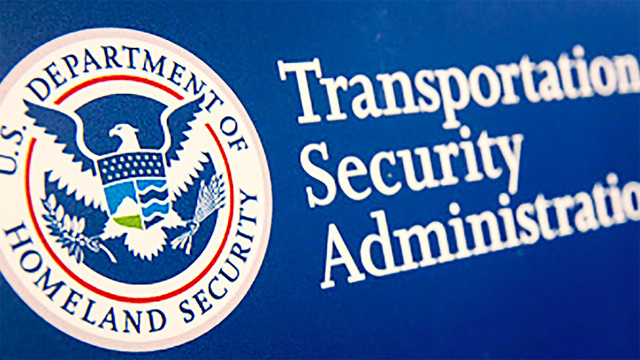 Two items exhibiting the dubious judgment of government bureaucrats caught my attention today.
Two items exhibiting the dubious judgment of government bureaucrats caught my attention today.
The first is that Securities and Exchange Commission going to try and make a fraud case against Goldman Sachs. Inasmuch as the SEC couldn’t uncover Bernie Madoff or Stanford Financial’s sketchy affairs despite being told about them, how on earth is the agency going to prove fraud in a transaction between sophisticated investors who knew what was going on? Expect a financial settlement any day now.
Meanwhile, let’s check out another government agency’s bumbling decision-making:
More than thirty organizations across the political spectrum have filed a formal petition with the Department of Homeland Security, urging the federal agency to suspend the airport body scanner program.Leading security expert Bruce Schneier stated, “Body scanners are one more example of security theater.
Last year, the organizations asked Secretary Janet Napolitano to give the public an opportunity to comment on the proposal to expand the body scanner program. Secretary Napolitano rejected the request.
Since that time, evidence has emerged that the privacy safeguards do not work and that the devices are not very effective. “At this point, there is no question that the body scanner program should be shut down. This is the worst type of government boondoggle — expensive, ineffective, and offensive to Constitutional rights and deeply held religious beliefs,” said Marc Rotenberg, President of EPIC.
And if Bruce Schneier‘s opinion isn’t good enough for you, take heed of what a leading security expert who is constantly on the front lines says about the scanners:
A leading Israeli airport security expert says the Canadian government has wasted millions of dollars to install “useless” imaging machines at airports across the country.
“I don’t know why everybody is running to buy these expensive and useless machines. I can overcome the body scanners with enough explosives to bring down a Boeing 747,” Rafi Sela told parliamentarians probing the state of aviation safety in Canada.”That’s why we haven’t put them in our airport,” Sela said, referring to Tel Aviv’s Ben Gurion International Airport, which has some of the toughest security in the world.
Sela, former chief security officer of the Israel Airport Authority and a 30-year veteran in airport security and defense technology, helped design the security at Ben Gurion.
Despite what the experts say, he wasteful airport security process that we have allowed the Transportation Security Administration to impose on us continues unabated at a substantial direct cost and an even greater indirect one.
It’s bad enough that the TSA’s procedures do virtually nothing to discourage serious terrorist threats. What’s worse is that the inspection process is really just “security theater” that makes only a few naive travelers feel safer about airline travel.
And if all that weren’t bad enough, the worst news is that once a governmental “safeguard” such as the TSA procedures are adopted, Congress has no interest in dismantling it even when it’s clear that process is ineffective, expensive and obtrusive to citizens. Stated simply, the TSA has become a jobs program for thousands of registered voters.
James Fallows sums up the absurdity of the situation well:
TSA + defense contractor + security theater vs Israeli expert + Schneier + common sense.
Hmmm, I don’t know what to believe.










